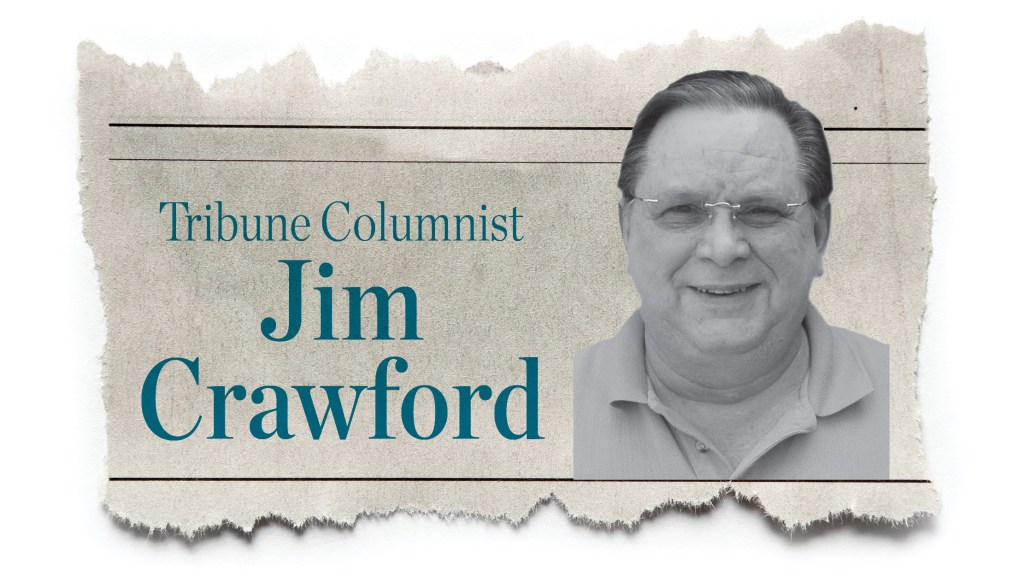Lack of housing in America is crime
Published 5:00 am Thursday, June 20, 2024
The escalating homelessness crisis in America serves as a stark reflection of the society we, as Americans, choose to be.
An imminent Supreme Court ruling on Grand Pass, Oregon vs. Johnson carries the weight of shaping our compassion and reasonableness towards the most vulnerable in our society for generations to come.
The city of Grand Pass, Oregon, home to 40,000 residents, has been grappling with the presence of tent cities in its downtown.
These camps, while a sign of a much larger issue, have made the citizens feel unsafe.
Grand Pass offers no public shelters.
However, the 9th Circuit Court of Appeals has placed limitations on the actions that can be taken, leaving the city and nine other states within its jurisdiction in a difficult position.
At the crux of the ruling, the court has determined that sleeping on public property when there is not adequate housing for the homeless cannot be a crime.
The court found that, like breathing, humans cannot be prohibited from sleeping or punished for an activity in which they had no alternative choice.
The constitutional basis of the court’s ruling is the Eighth Amendment, which is cruel and unusual punishment when no alternative exists.
However, not all states agree that people experiencing homelessness have any such right.
This year, Florida passed a law banning homeless camping on all public property except for designated areas away from public spaces, where camping will be limited to one year, and those with mental health issues and drug addiction are refused access to camp.
The relocation centers will be under police supervision. Violators will be arrested and fined.
Kentucky, not to be outdone by the Florida experiment in “tough love” (get straight first, then be homeless and get over your homelessness quickly), has passed HB 5, which bans homeless camping, but grants police and property owners the right to use deadly force if they feel threatened by the invading homeless.
The bill’s author, Republican State Rep. John Hodgson, said his bill reflects “a matter of compassion.”
In Missouri, Gov. Mike Parsons supports making it a crime to sleep on state property with fines of $750 or 15 days in jail.
The Missouri law will allow for re-locating people experiencing homelessness and prohibits homeless access to services, unless they are drug-free and mental health tested.
Into this mix comes ex-president Trump advocating for what he calls “re-location camps” and, for those homeless who are illegals, “mass deportations.”
The Supreme Court heard Grand Pass v. Johnson in April and is expected to rule on the case this month.
Court analysts found the court’s conservative majority sympathetic to Grand Pass’s desire to dispossess the homeless from all public spaces.
Unfortunately, for the silent voices of people experiencing homelessness, there is a far better alternative to the homeless crisis.
Plagued with the same homeless issues, Finland developed a highly successful model, Housing First, that reduced homelessness by 68 percent from 2008 to 2022.
The program replaces temporary housing with small permanent housing and government social services to access available programs.
Overall, 80 percent of participants have been removed from homeless status and become employed, productive citizens.
At loss still are 20 percent of people experiencing homelessness who are unable to overcome their mental health or addiction issues.
The program cost is less than the policing and healthcare cost of homelessness today.
Ultimately, Americans will decide, community by community, if our compassion should be extended to provide housing and support to the weakest members of our society or if the newer, more accessible, more expensive idea of hiding people experiencing homelessness and punishing them for being homeless is the newest form of American Exceptionalism.
It is noteworthy that the states leading the charge to make homeless criminals are, for the most part, Republican-led states.
Jim Crawford is a retired educator and political enthusiast living here in the Tri-State.





